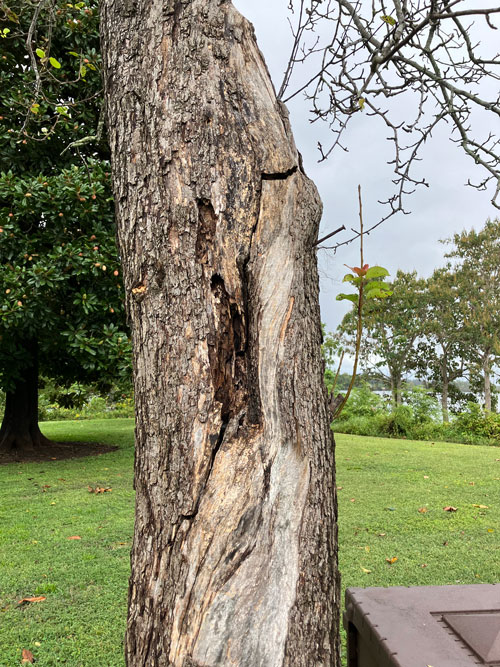Frequently asked questions about Stewardship at St. Peter’s
What is stewardship?
Stewardship is an expression of gratitude and thankfulness for the blessings of life that come from God. It is love shared and love returned. A life lived in gratitude is a life lived in love
Why does St. Peter’s call stewardship a spiritual practice?
Any spiritual practice is based on faith – faith that the act repeated regularly will increase our awareness of the presence of God and will gradually remove from our lives walls we erect that block God’s grace. Spiritual practices include worship, prayer, silence and meditation, contemplation, reading scripture, and giving. Giving (financial stewardship, in our focus here) has numerous spiritual benefits. Here are just three: First, stewardship reduces our attachment to things material. We learn that by giving away something we “have” really does not diminish us at all. Our needs continue to be met by God. Second, giving chips away at our belief in the concept of “mine” and “yours”. Giving helps us better experience truth that we are indeed one in spirit. And finally, in some mysterious way, our willingness to give determines our willingness to receive. No doubt all of us know someone who would never give anything to someone else and, in turn, would never accept a gift. We must be willing to give in order to be open to receiving. And God is giving to us every moment of the day. Our willingness to give enhances our ability to accept God’s gifts.
Is my stewardship defined only by the money I give to the church?
Absolutely not. Time and service given to others is a critical component of stewardship. Our church can’t function without these gifts of time and service.
Why is making a pledge important?
Pledges have two purposes. One is between you and God. Pledging yourself to any spiritual practice increases the likelihood you will actually do it. In the fall each year we ask you to commit to the practice of giving. We’re most concerned with your commitment to this practice, and less concerned with how much you give. For many of us, a pledge to give money to the church is a way that we say thanks to God and practice our faith.
Second, the vestry does its best to operate the church on a sound financial basis, and having a good handle of how much people plan to give in the coming year enhances the vestry’s ability to plan responsibly.
What percent of the church’s annual budget is supported by pledges?
About 83%. The rest of the operating budget is supported by cash offerings and donations,. It’s simple – our programs depend on pledge support.
What happens if I make a pledge and find I cannot fulfill it?
Your pledge is not a contract. It is a spiritual commitment. You need to inform the treasurer if you cannot meet or to need to adjust your pledge so that we can make adjustments to operations as needed.
How much should I give? Am I expected to tithe?
If you asked ten different members of the church this question you would likely get ten different answers. We encourage you to give a gift that is meaningful. For someone like Bill and Melinda Gates, who could likely live an extravagant lifestyle on 1% of their income, a tithe of 10% of their income may or may not be meaningful. To the contrary, a single parent with several children in college who has a budget down to the last dollar, a pledge of one-tenth of one-percent may be meaningful. To quote the lyrics from the song “One” by U2 (which started as a Christian rock band), “We’re one, but we’re not the same, we get to carry each other, carry each other”. If we can all give a gift that is meaningful to us, we will be able to reach our goals.
Practicing Generosity in an Age of Anxiety
From Penny Nash at St. Stephens, Richmond.
“We live in anxious times. I receive daily invitations to worry. I am susceptible to anxiety, both free-floating and specific. Loved ones traveling, Ebola, terrorists, my children, the economy. Discord among friends. And money. Especially money.
“Over the years, I have tried to practice generosity as a response to anxiety.
“This only works if I first can remember how generous God is to us-and to me. I remember our stories: how God provided manna in the wilderness; how Jesus made gallons upon gallons of wine at Cana; how the disciples/fishermen caught so many fish their nets nearly broke; how many people Jesus fed on the mountain and how many he healed in every town and city; how the oil and flour never gave out for the widow of Zarephath; how Jesus raised Lazarus from the dead.
“If I truly believe in God’s generosity, then perhaps I can let go of my anxiety and try to be generous myself. But this has to happen not only in my head but also in my actions. And that’s where we get to the part about money.
“A wise mentor told me that when he starts feeling anxious about money, that means he needs to write a check. He needs to give money away so that it will not have control over him, feed his anxiety, and make him grasping and hard-hearted. He needs to give money away so that he will realize he is fine, he has what he needs, he can trust God. His kids will still be able to go to college even if he gives generously to God’s mission on earth through the church.
“God is good. We have more than enough. So in the face of anxiety, be generous. I’ve tried it. And it works.”
 to open in a new window or Click here
to open in a new window or Click here




